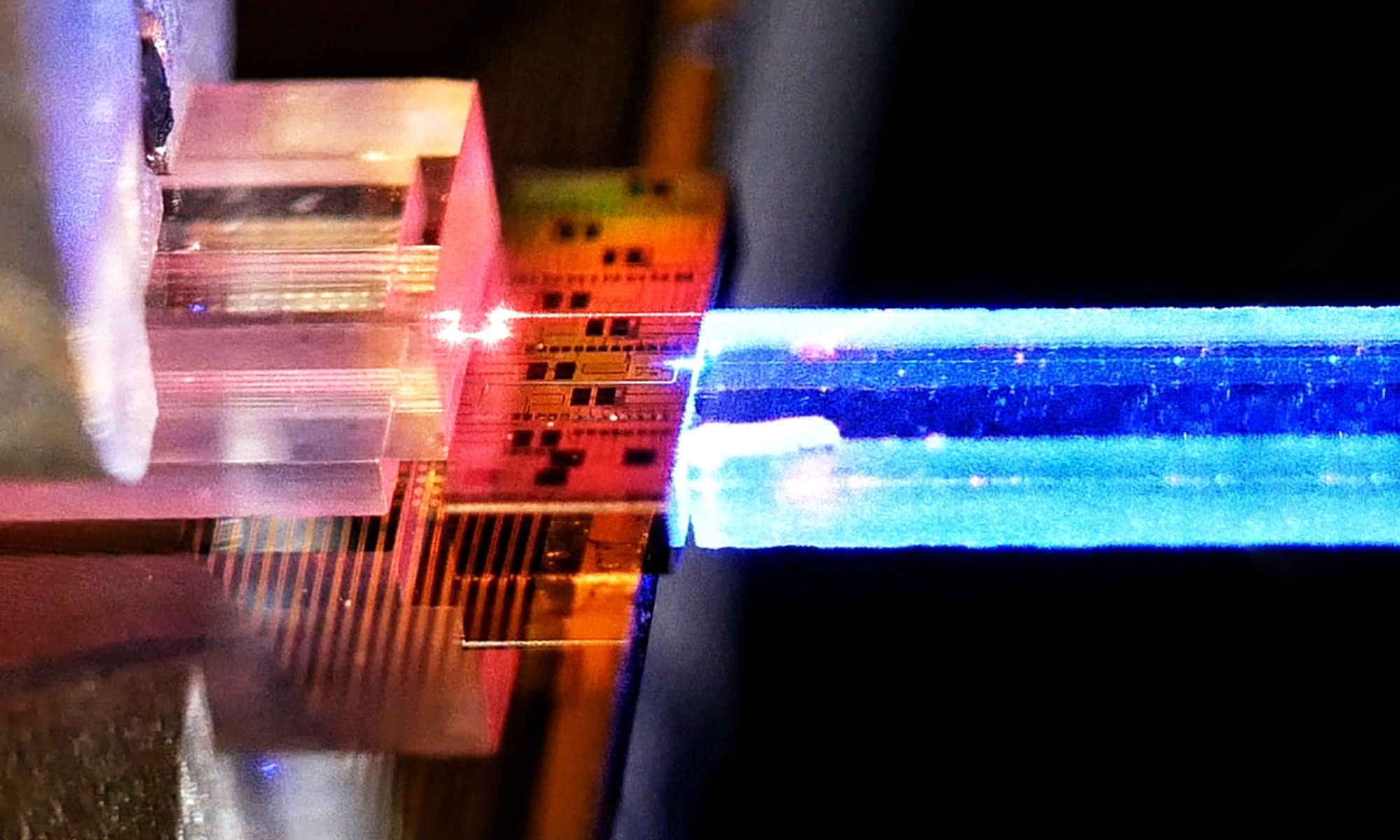
University of Rochester and RIT develop experimental quantum communications network
The Rochester Quantum Network uses single photons to transmit information over dual fiber-optic telecommunications lines.
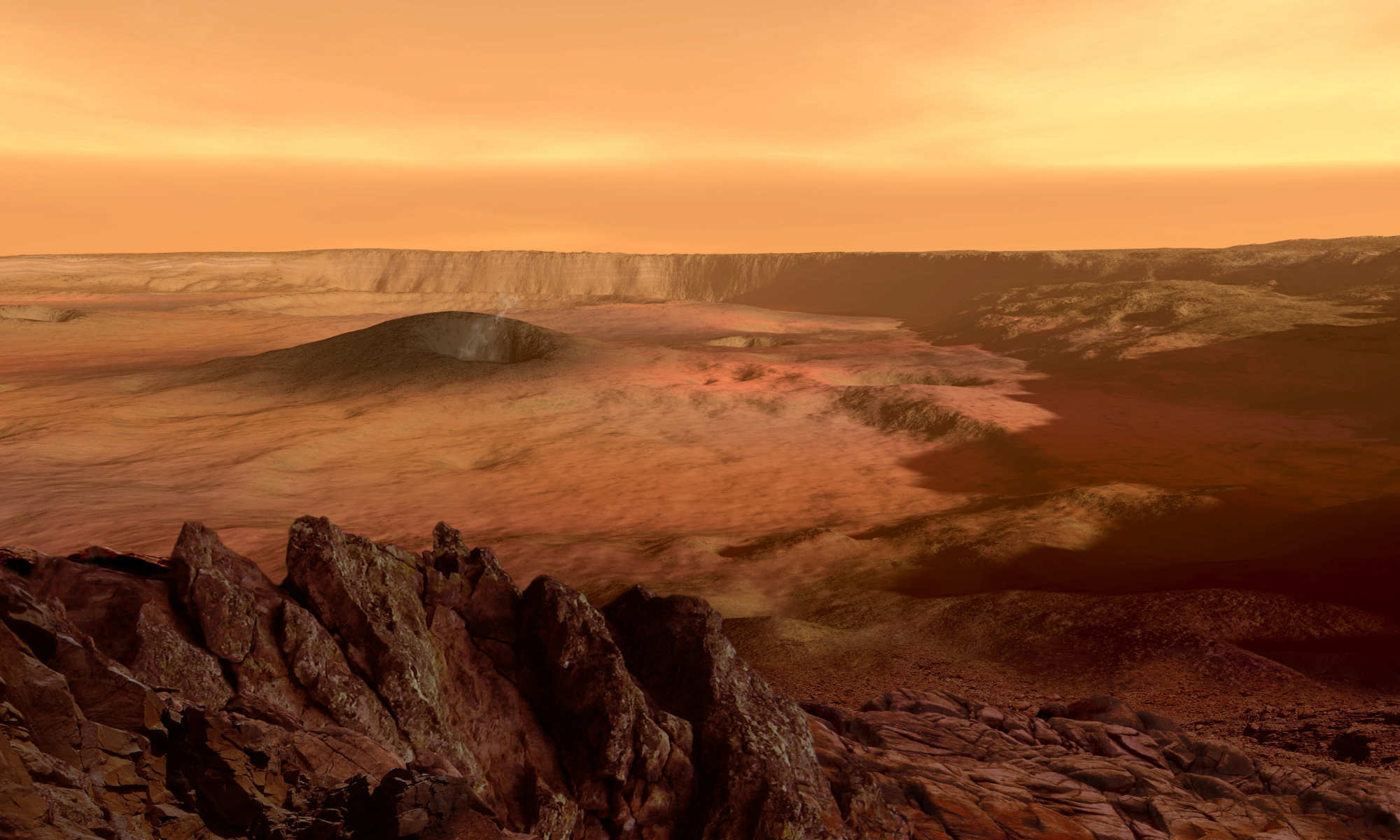
Mars surface patterns resemble Earth, revealing secrets of its past
Wave-like landforms on Mars offer insights about the planet’s icy past, its potential habitability, and the physics of flowing granular materials.
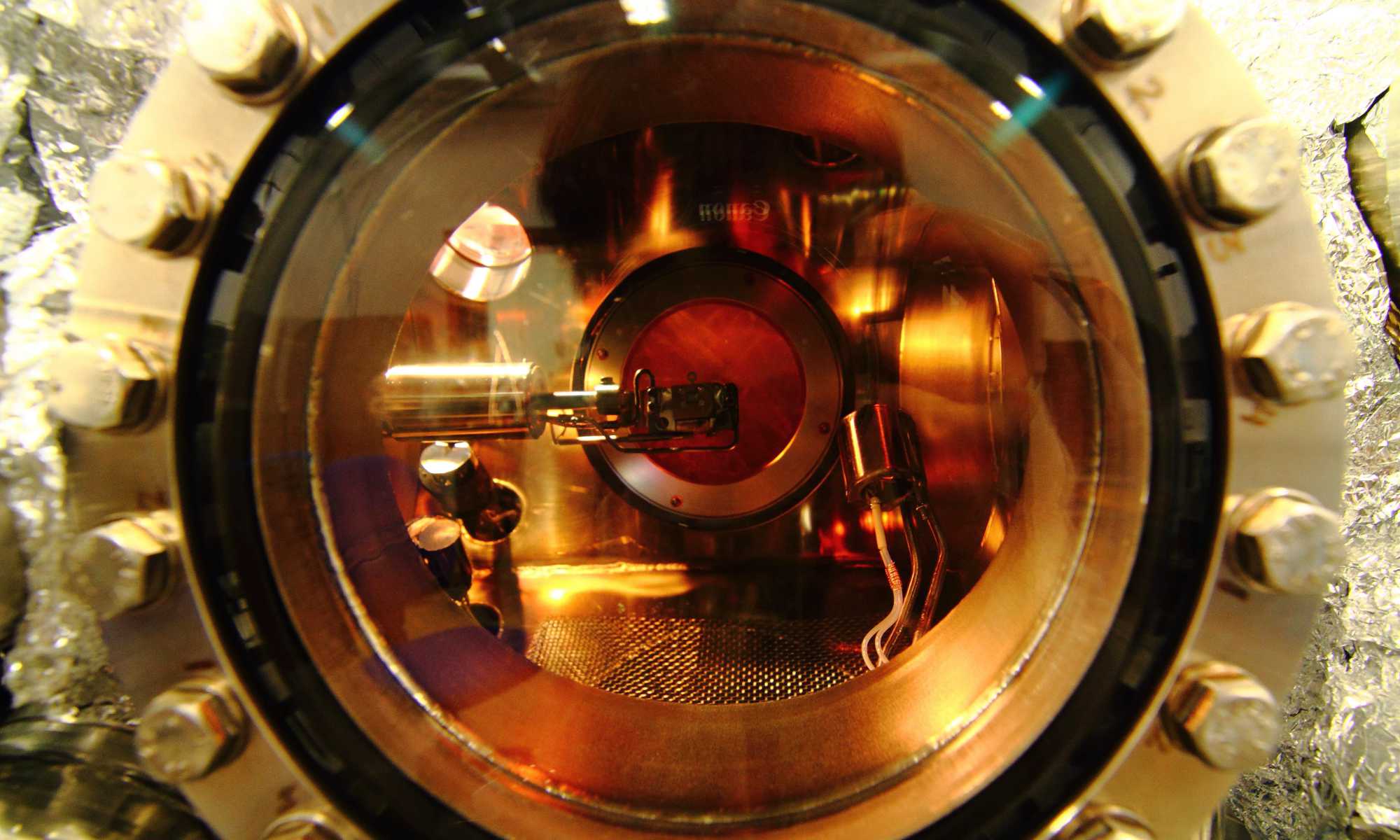
New molecule could pave the way for more efficient computers
A team of scientists has developed the “world’s most electrically conductive organic molecule.”

Text-to-video AI blossoms with new metamorphic video capabilities
Using time-lapse videos as training data, computer scientists have developed video generators that simulate the physical world more accurately.
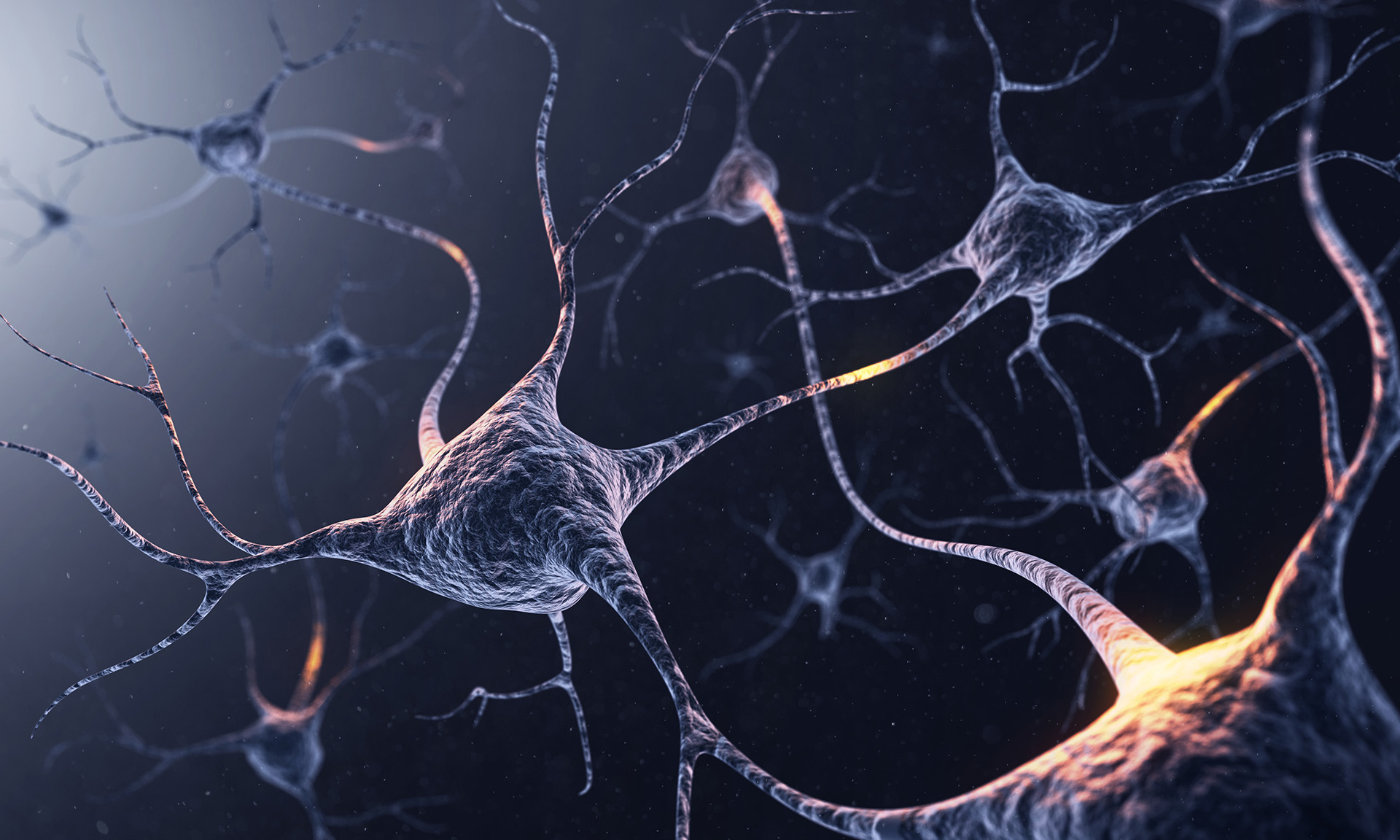
Do neurons transmit light?
Rochester researchers aim to determine if neurons can transport light like fiber-optic communications channels.
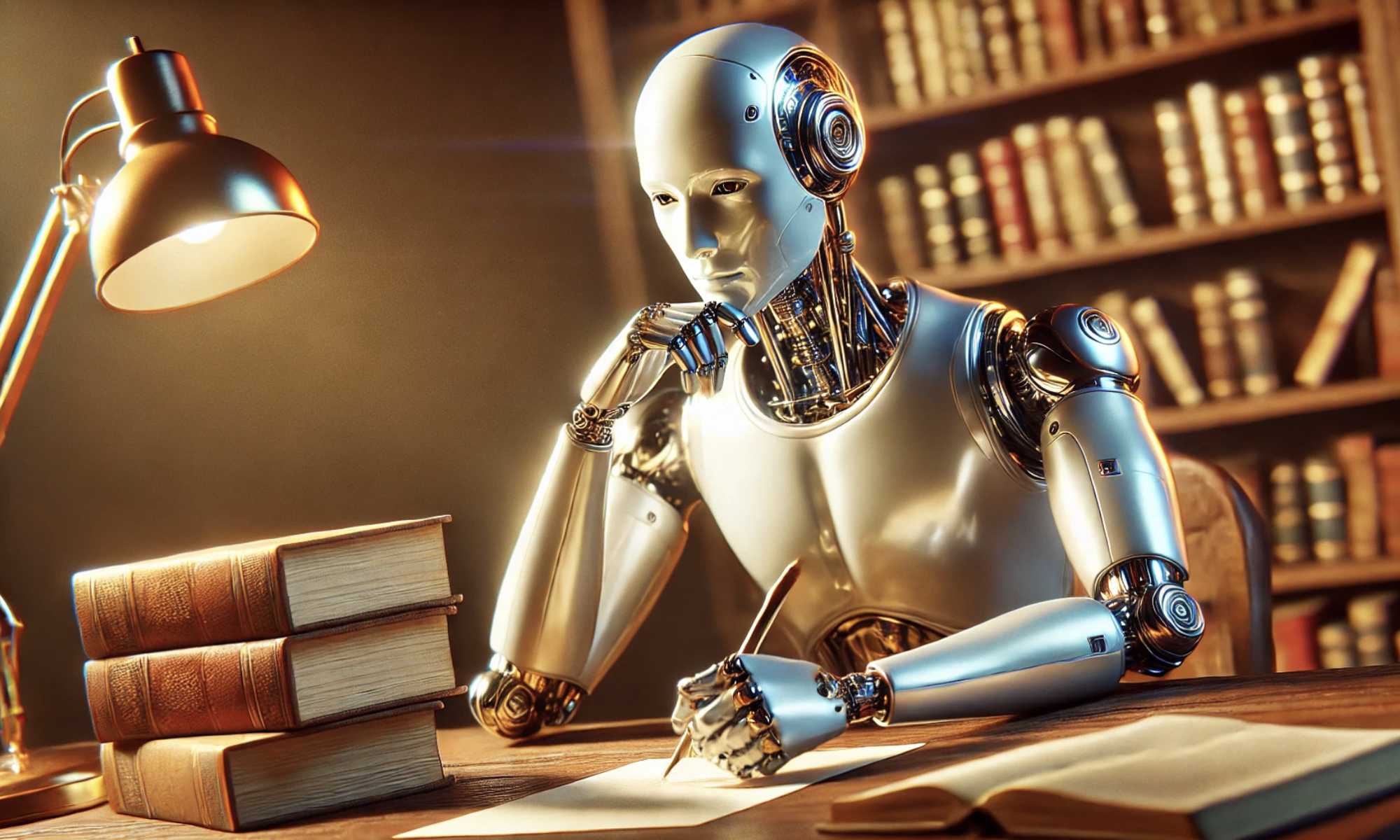
How artificial general intelligence could learn like a human
Computer scientist Christopher Kanan discusses AI, large language models, and the responsible use of artificial general intelligence.
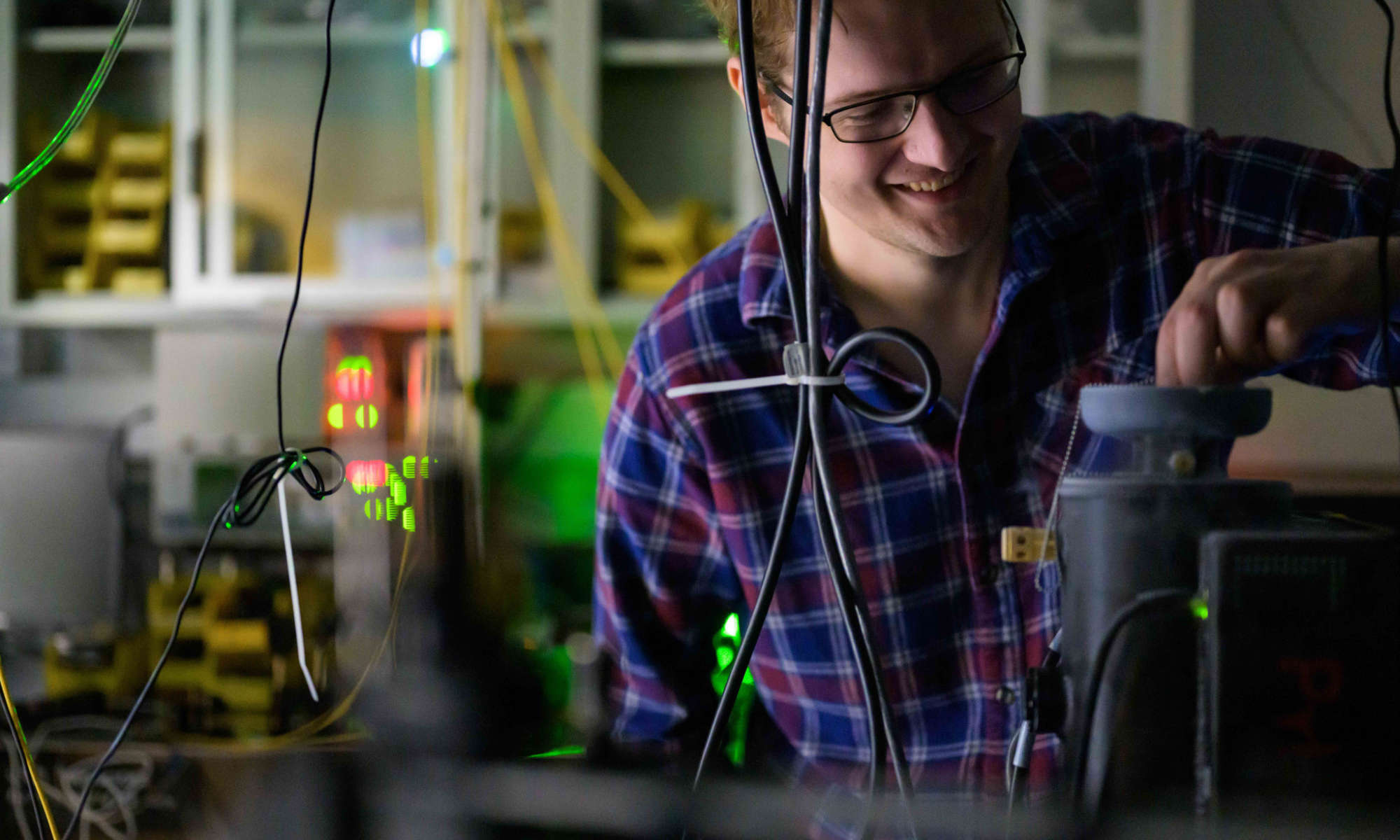
Twisting atomically thin materials could advance quantum computers
Placing two layers of special 2D materials together and turning them at large angles creates artificial atoms with intriguing optical properties.
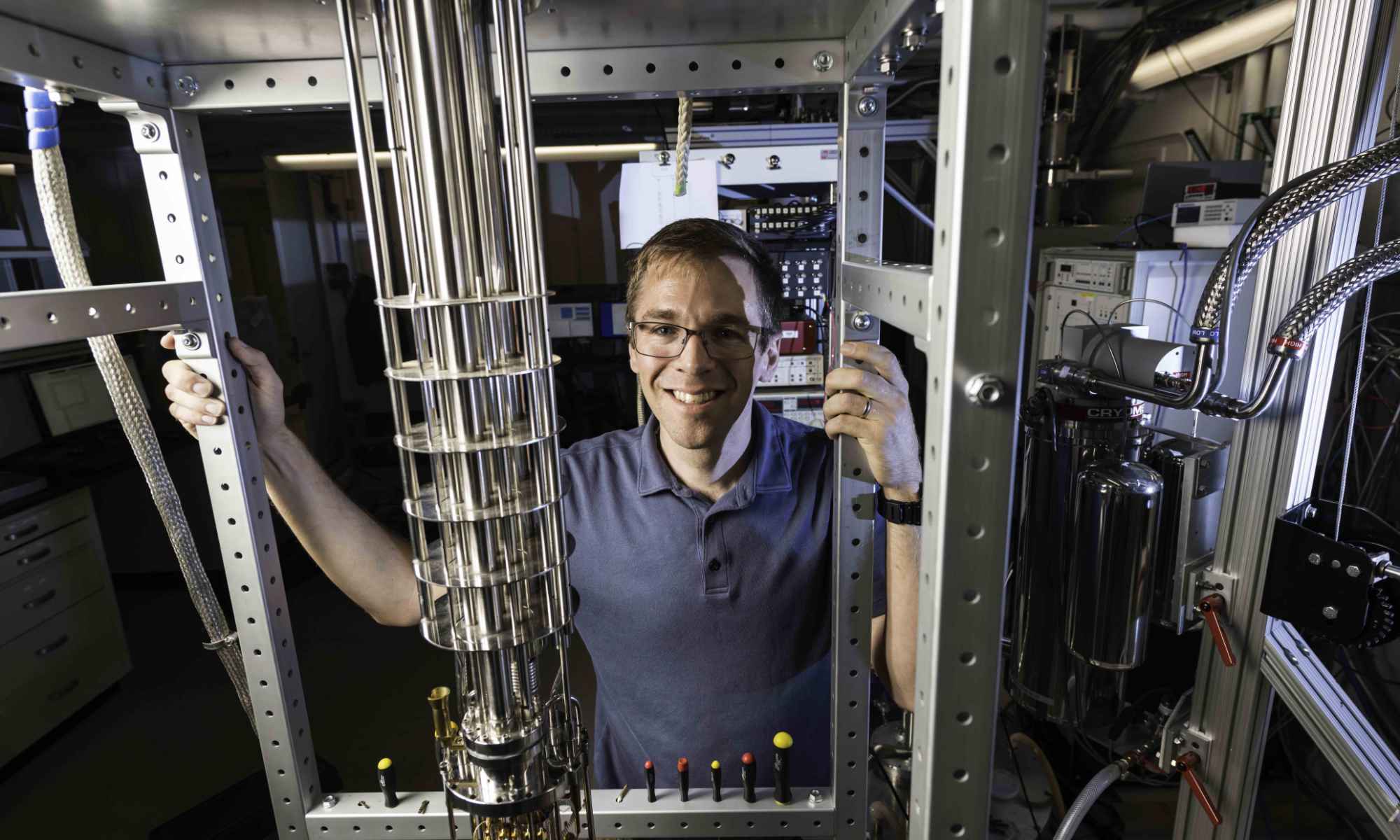
Scientists directly prove the existence of a nuclear-spin dark state
Confirmation of this elusive state in quantum systems could lead to more efficient quantum devices.

New technology could quash QR code phishing attacks
The improved QR code format would let smartphone users know if they’re heading to a secure website—or wading into a potential ‘quishing’ scam.

How does the atmosphere affect ocean weather?
A new Rochester study upends previous assumptions about how surface winds and ocean weather patterns interact.
